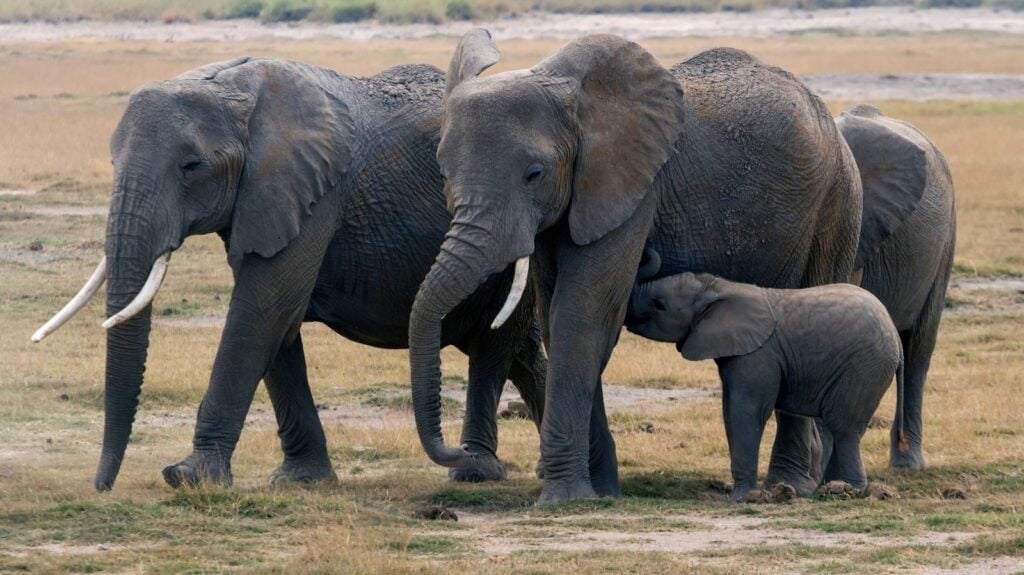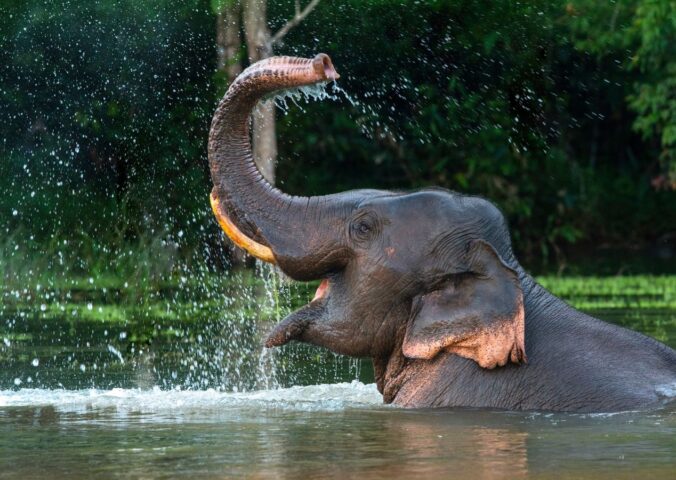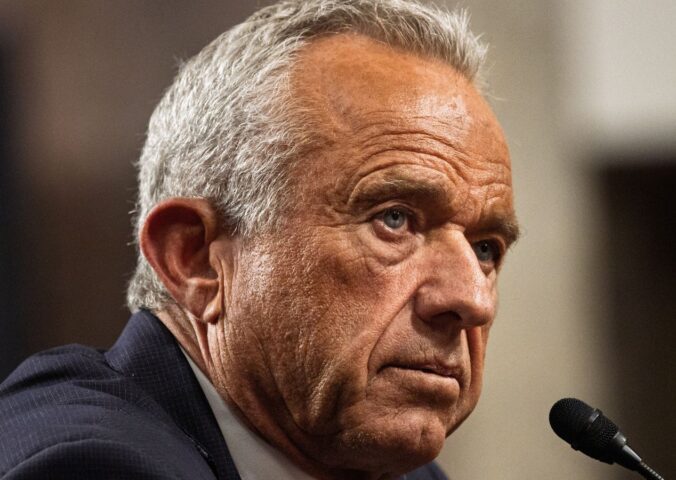Kenya’s Wildlife and Tourism ministry has declared that elephants are dying as a result of the climate crisis.
The country is experiencing an extended period of drought, the likes of which it hasn’t seen since the 1980s.
Elephants have suffered as a result of extreme weather before, with almost 6,000 dying during a prolonged drought in the 1970s.
How is the drought affecting elephants?
In Kenya’s game reserves, rivers and watering holes have dried up. Grassland has shriveled as well. These both represent a serious threat to life for large animals, such as elephants.
Per day, adult elephants eat around 300 kilograms of dry mass, such as grass, and drink up to 240 liters of water. With access to neither, elephants are dying and future generations are at risk.
“We expect so many miscarriages of these elephants, and we have seen them before,” Jim Nyamu, a Kenyan elephant research scientist told BBC News.
He continued: “And those calves that will manage to be born, their chances of survival will be limited.”
Nyamu examines elephant carcasses. He states that the dryness of the bodies leaves no doubt that they died as a result of the drought.
How many elephants have died so far?
Kenya is home to an estimated 36,000 elephants. At last count, by the end of June this year, 179 had died, supposedly as a result of the drought. By comparison, 10 have been killed by poachers.
“Climate change kills 20 times more elephants than poaching. So it is a red alarm,” Najib Balala, Kenya’s Wildlife and Tourism Minister told BBC News.
He added: “We have forgotten to invest into biodiversity management and ecosystems. We have invested only in illegal wildlife trade and poaching.”
In collaboration with the African Wildlife Foundation, Balala’s ministry has increased the penalties for various wildlife crimes, including poaching. This has seen a significant reduction in the number of animals lost to ruthless hunters.
What can be done in Kenya?
On a local level, Kenya Wildlife Services is taking point on restoration efforts but progress is limited. The organization is planting drought resistant trees in some areas of the game reserves.
The rest of the world also has a key role to play in the conservation of Africa’s wildlife.
The climate crisis is a human-created catastrophe which must now be alleviated through careful management of planetary heating.
The Paris Agreement states that we must not allow the world’s temperature to increase by more than 1.5°C, in order to stay on track.
Experts have stated that to meet the target, an immediate move away from animal agriculture and meat consumption is essential.






